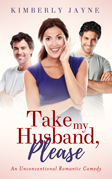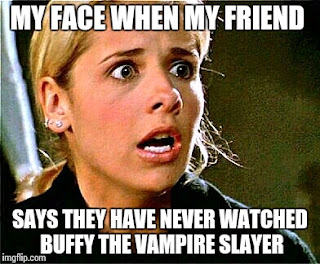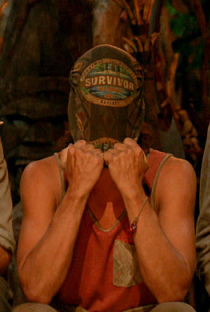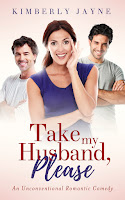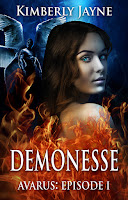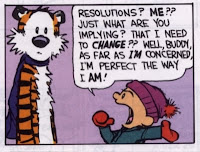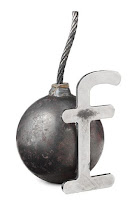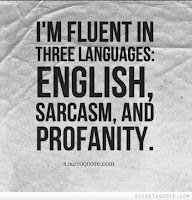Planting the Seeds of Reading and Writing
By Kimberly Jayne
When I was eight, I was a third-grade student at Desert View Elementary. My teacher was a tiny elderly woman in her eighties. Mrs. Hawkins was sweet and welcoming and, because of her, I looked forward to going to school. I adored her.
It was 1963, a year that changed America, and a year that Mrs. Hawkins changed me.
I remember to this day her announcement that she was going to teach us fractions, and we were going to absolutely love it because fractions are so much fun. Whether by the power of suggestion or her teaching methods, she was right. Fractions were fun. Multiplication tables were fun too. I digress and give her a C on division. Because of division I received the only “2” (B) in an entire year of report cards decorated in “1s”
(A’s).
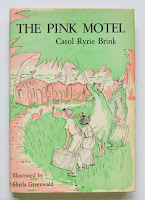
Mrs. Hawkins holds a very special place in my heart for not only getting me to appreciate math and school in general, she taught me to love reading. She read to the class first from E.B. White’s Stuart Little and then from The Pink Motel by Carol Ryrie Brink, and then another book whose name I don’t recall. Every day we’d hear a chapter, and I couldn’t wait for reading time. When I was home, I would think about Mrs. Hawkins and what wonderful things might happen next in the story.
More than anything she read, it was The Pink Motel that transformed me from a kid who liked books into a kid
with an avid love of storytelling. Mrs. Hawkins kept me spellbound with a book that pulled me in and made me feel like I was right there with Kirby and Bitsy in that Pink Motel with a menagerie of quirky characters.
And from those stories, I became a storyteller in my own right.
At the end of the school year, I was happy for summer, but I missed Mrs. Hawkins. I went to say hello when I entered the fourth grade, but she wasn’t there. She didn’t return to teach because during the summer, she had passed away. Even now, I get a lump in my throat when I think of her and what a tremendous affect she had on me.
Do you have someone from your early life who instilled in you a love of reading and writing?
__________________________________________
Kimberly Jayne writes humor, romantic comedy, suspense, erotica, and dark fantasy. You can check her out on Amazon. Find out more about her at ReadKimberly.


